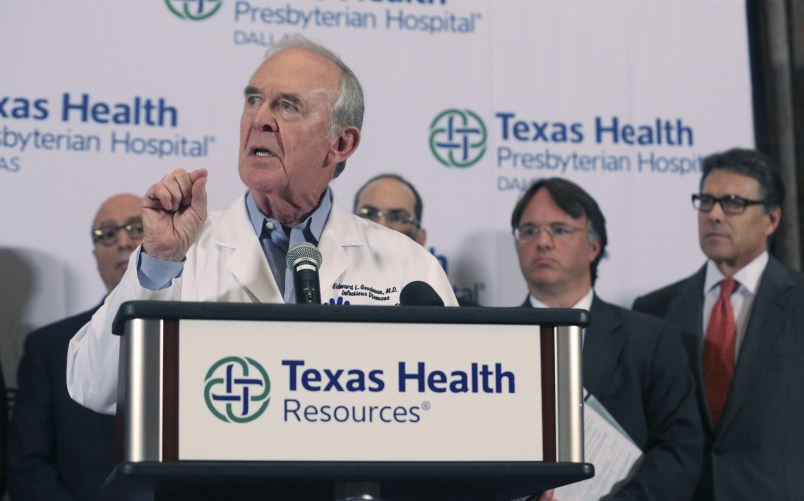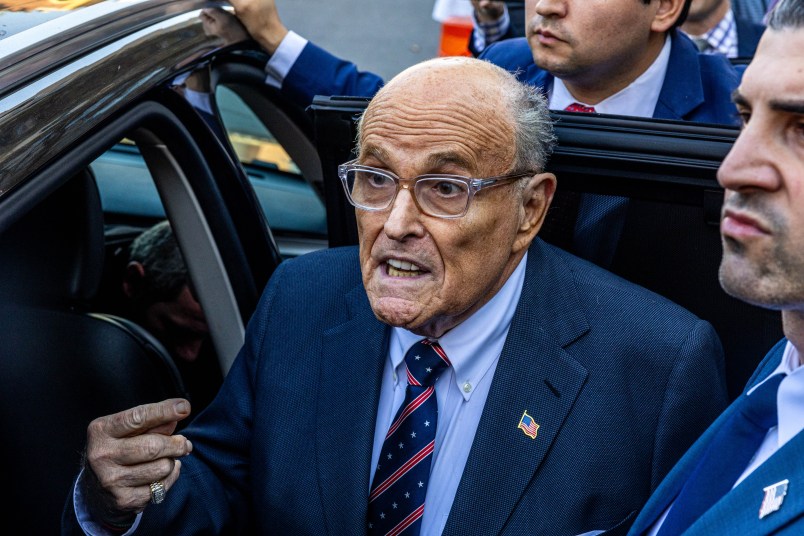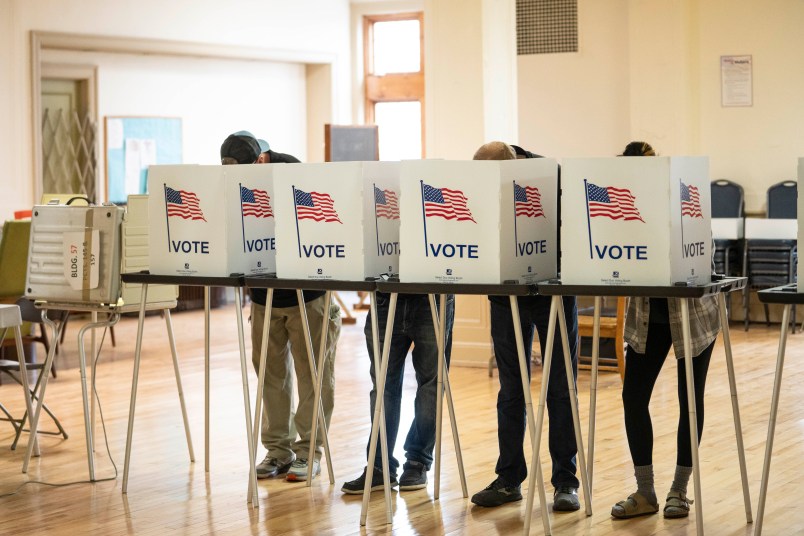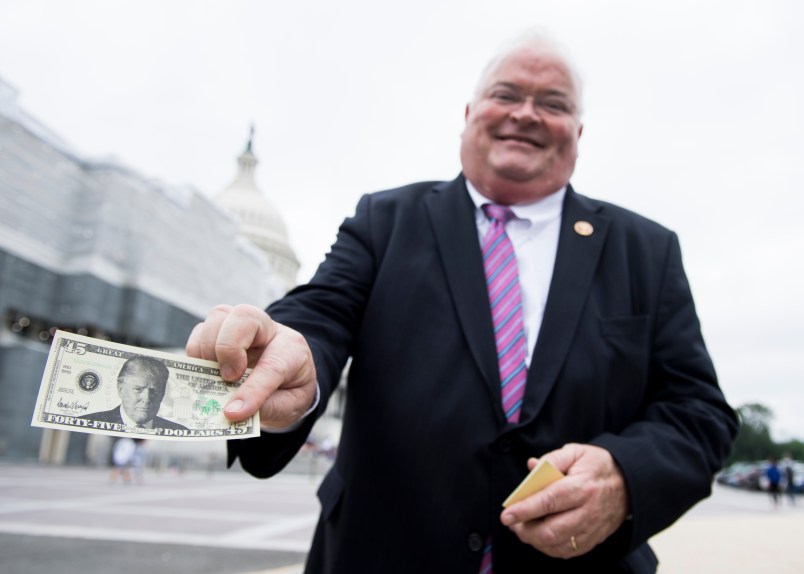WASHINGTON (AP) — The Obama administration is seeking to allay fear about the single confirmed case of Ebola in the United States, saying that despite some initial missteps the health care system is doing what needs to be done to prevent an outbreak.
“Our health care infrastructure in the United States is well-equipped to stop Ebola in its tracks,” said Dr. Anthony Fauci, infectious diseases chief at the National Institutes of Health.
An unusual high-level briefing at the White House on Friday reflected the administration’s urgency in seeking to reassure the public. Fauci was one of five senior administration officials who spoke with reporters, including Health and Human Services Secretary Sylvia Mathews Burwell and Lisa Monaco, President Barack Obama’s top homeland security adviser.
Monaco said the U.S. was not considering a travel ban to prevent people from the hardest-hit West African countries from coming to the U.S. and said efforts were instead focused on identifying high-risk individuals before they leave the outbreak zone. Dozens and dozens of people have been stopped from getting on flights in the region, she said.
“The most effective way to go about controlling this is to prevent those individuals from getting on a plane in the first place,” she said.
The first person diagnosed with Ebola in the nation went to a Dallas hospital last week but was mistakenly sent home, despite revealing he was visiting from Liberia, before returning by ambulance days later. Texas officials now are monitoring 50 people, 10 of whom they consider at high risk, who came into contact with the man. They’ve had to quarantine four of them, and even had problems getting rid of the infectious waste left in the apartment where the patient stayed.
“There were things that did not go the way they should have in Dallas,” acknowledged Fauci, director of NIH’s National Institute of Allergy and Infectious Diseases. “But there were a lot of things that went right and are going right.”
Health officials have said it’s possible that someone who had close contact with that first patient after he became ill — the only time that Ebola is contagious — might also get sick. But they say further spread is unlikely because of the public health steps now underway.
“We respect your concern. We understand your concern. But the evidence base tells us that that is not going to happen,” Fauci said.
The White House said Obama planned to meet with his national security advisers on Monday to discuss the Ebola outbreak and the administration’s response.
The administration has long contended that the best way to contain Ebola is to attack it at its source. The Pentagon’s spokesman said Friday that up to 4,000 troops could be deployed to West Africa, a number that has been slowly climbing as military leaders arrive and assess the need.
Navy Rear Adm. John Kirby said the military has begun medical testing for Ebola at two new labs in Liberia. Also, service members are starting to build two treatment centers there for victims of the deadly disease, and that a hospital for infected medical personnel should be finished by the end of the month.
Kirby said that the service members are not going to treat patients and are not expected to come in contact with anyone who is infected. But he said the military is training the troops about how to avoid getting Ebola, and also setting plans in place to deal with any service member who might get infected.
“We’re going to train them up on what Ebola looks like, feels like, does. While they’re there, they’re going to be constantly monitored on a regular, frequent basis,” Kirby said. “There will be a screening process to make sure that once they’re no longer there, that we’re able to stay in touch with them, make sure that they haven’t … felt or experienced any symptoms.”
He added that troops will also have personal protection equipment if needed and will be trained in how to use it. He said he is unaware of any special staffing or other changes at military hospitals in the United States to prepare them for caring for Ebola patients.
There are about 230 U.S. troops deployed for the Ebola mission now. About two dozen are in Senegal setting up a transportation center and the rest are in Liberia. The Army on Friday said that up to 3,200 soldiers from various units around the country will be going to Liberia, including 1,800 from Fort Campbell, Kentucky, who will arrive late this month.
Others from Fort Hood and Fort Bliss, Texas, and Fort Bragg, North Carolina, are also being deployed, along with support units from Fort Benning and Fort Stewart, Georgia, and Fort Eustis, Virginia.
___
AP White House Correspondent Julie Pace contributed to this report.
Copyright 2014 The Associated Press. All rights reserved. This material may not be published, broadcast, rewritten or redistributed.










I was surprise to see many of the panicky, ill-informed comments by Republican leaders about Ebola downplayed by the media this morning.
Unlike the early years of this century, the ignorant jingoism that once fueled arm chair political and media war bravado now, with Ebola, illuminates the shocking cowardice and social irresponsibility of these pampered elitists.
“…Our health care infrastructure in the United States is well-equipped to stop Ebola in its tracks…”
Of that I have no doubt – the United States is exceptionally well-prepared.
But we’re talking Texas, where they think birth control is an abortifacient.
He’s lying. The USA is not equipped for this. Those of us who work in healthe have no training whatsoever to deal with Ebola. We’ve been trained as to how to respond to HIV/AIDS, terrorist attacks, floods, earthquakes, tornadoes…but not Ebola. Ebola, like terrorist, was always over there. Now, like terrorist, Ebola is over here!
To be honest, I’m more fearful of the fact that it is Rick Perry’s Texas that is handling this than Ebola itself!
““Our health care infrastructure in the United States is well-equipped to stop Ebola in its tracks,” said Dr. Anthony Fauci, infectious diseases chief at the National Institutes of Health.”
Ebola does not care how good our health care systems are. It does not care that the heads of the CDC and NIH are bragging about our health care abilities. The heads of the CDC and NIH and the spokesman/spokeswoman in the White House can brag about how good our health care systems and protocols are but if the protocols are not followed…what then? Clearly the health care professionals in Dallas dropped the ball…badly. This could have happened anywhere at any hospital in America. And this gives me pause. It’s as if those who need to be aware don’t know what is happening in West Africa. Do they not pay attention to the news? I don’t mean to sound paranoid but the Dallas case will not be the only case of Ebola in America. We need to be far more vigilant. The protocols at the border entry ports and airports need to ramp up. I returned from Europe in early August when the epidemic was well under way in Liberia and I saw no concern whatever about this disease.
Fifty, I spent over 40 years in health care… we are not prepared for this epidemic nearly as well as NIH and CDC would have you believe. If we were the hospital in Dallas would not have dropped the ball as badly as they did. And we would not have seen the apt. manager washing down his parking lot,… where the patient vomited while on his way to the hospital,… with a garden hose. And we would not have seen a lady onlooker in sandals standing in the puddles next to where this guy was washing away the vomit. Neither of these people were in protective gear and both were exposed to large amounts of virus. Both could easily now spread the virus about if they are not followed closely by authorities who understand the risks these people took.